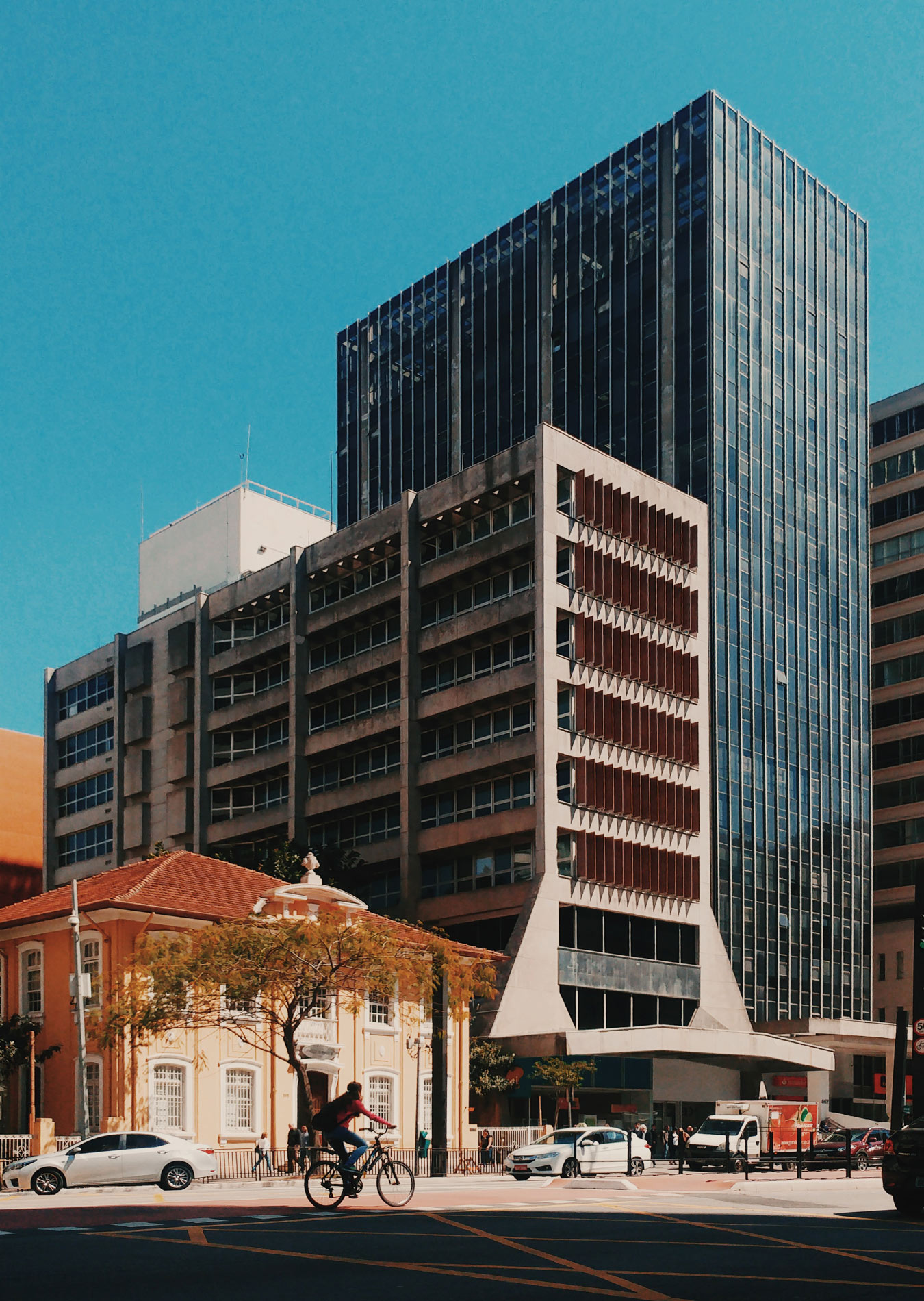
LOCALIZING SUSTAINABILITY
SDGs Voluntary Local Reviews movement
Cities, regions, and their associations are increasingly monitoring their progress on sustainability
When the 2030 Agenda was adopted, the United Nations Member States committed to working closely with local and regional governments on the implementation of the Sustainable Development Goals (SDGs). Since 2015, metropolises, small cities, regions, and their associations alike have been actively localizing the 2030 Agenda, bringing the SDGs closer to the people they serve and using the framework as a tool for planning and execution.
As part of its follow-up and review mechanisms, the 2030 Agenda for Sustainable Development encourages member States to “conduct regular and inclusive reviews of progress at the national and sub-national levels, which are country-led and country-driven” (paragraph 79). Paragraph 89 of the 2030 Agenda calls on major groups and other stakeholders, including local authorities, to report on their contribution to the implementation of the Agenda.
In this spirit, local and regional governments and their associations are increasingly engaging in such sub-national reviews of SDG implementation, also called Voluntary Local Reviews (VLRs) and Voluntary Subnational Reviews (VSRs). While the VLRs and VSRs hold no official status, the process of undertaking these subnational reviews provides multiple benefits to the entities engaging in them, as well as to SDGs implementation at large. These VLRs and VSRs can also help to reinforce vertical coherence, as well as complement and contribute to the national Voluntary National Reviews of SDGs implementation.
As early as 2016, documents that are generally regarded as the earliest local reviews were presented by several regional governments (i.e. by the Valencian Community, the North Rhine-Westphalia, and the Euskadi Basque Country). In 2018, New York City presented the first Voluntary Local Review on the implementation of SDGs during the High-Level Political Forum (HLPF), as did the Japanese municipalities of Kitakyushu, Shimokawa, and Toyama. Helsinki followed in 2019, being the first European city to report on SDG implementation progress.

© Lucas Silva Pinheiro Santos
The VSRs, facilitated by UCLG since 2020, are developed by associations of local and/or regional governments. They are country-wide, bottom-up subnational reporting processes connected and complementary to the Voluntary National Reviews (VNRs) submitted by member states to the HLPF. The first VSRs were submitted by Benin, Costa Rica, Ecuador, Kenya, Mozambique, and Nepal as part of a pilot project in 2020.
As of 2022, seven years after the adoption of the SDGs, nearly all the United Nations Member States have submitted their Voluntary National Reviews to the HLPF. In addition, around 150 Voluntary Local Reviews, representing 350 million people, have been conducted at the local level. Local Government Associations (LGAs) from 24 countries also reported on the progress of their members through Voluntary Subnational Reviews (VSRs), which together represent more than 1.25 billion inhabitants. In 2023, eight countries are currently preparing their VSRs.
The VLR-VSR movement is growing, as local governments consider them to be an integrated tool for a coherent, multilevel, long-term process towards sustainable development. It offers a unique opportunity to identify place-based priorities (especially within the framework of the implementation of the New Urban Agenda); to align investments and resources across national, regional, and local levels of government; and to engage and cooperate with the private sector, civil society, and other actors.
Interested in joining the VLR-VSR Movement?
UCLG and UN-Habitat have created several tools to provide guidance, definitions, and technical support to any local and regional governments aiming to engage in the VLR-VSR process. These are some of the key resources not to miss:
New MOOC on Voluntary Local Reviews.
This new free online course is offered by UCLG in partnership with the Global Taskforce of Local and Regional Governments, UN-Habitat, UNDP, and the Barcelona Provincial Council. It includes videos, infographics, quizzes, and practical examples. You can subscribe at:
https://bit.ly/uclgvlr
MOOC on Voluntary Subnational Reviews.
This course focuses on the development of Voluntary Subnational Reviews by local and regional governments’ associations.
Available at:
https://bit.ly/uclgvsr
Guidelines for Voluntary Local Reviews.
Two publications, also prepared by UCLG and UN-Habitat as part of a VLR Series. The first volume, “A Comparative Analysis of Existing VLRs”, was published in 2020, and a second one, “Towards a New Generation of VLRs: Exploring the local-national link”, in 2022.
Both documents are available online at:
https://bit.ly/uclgvlrguide
Guidelines for Voluntary Subnational Reviews.
Published by UCLG in 2021 to aid Local and Regional Government associations in reporting on their overall progress and challenges towards the achievement of the SDGs. Available at:
https://bit.ly/3Y99bz9
Asia-Pacific Regional Guidelines on Voluntary Local Reviews.
Published by the United Nations Economic and Social Commission for Asia and the Pacific in 2020.
They are available at:
https://bit.ly/apvlr
Guidelines for the Development of Voluntary Local Reviews in the ECE Region.
Published by the United Nations Economic Commission for Europe in 2021.
They are available at:
bit.ly/unecevlr
Africa Voluntary Local Review Guidelines.
African cities such as Accra, Cape Town, Harare, and Yaoundé have already developed their VLRs. These guidelines, published by UCLG-Africa, the United Nations Economic Commission for Africa, and UN-Habitat in 2022, offer a template for those cities interested in preparing a VLR, as well as examples of experiences across Africa.
It is available online at:
https://bit.ly/africavlr